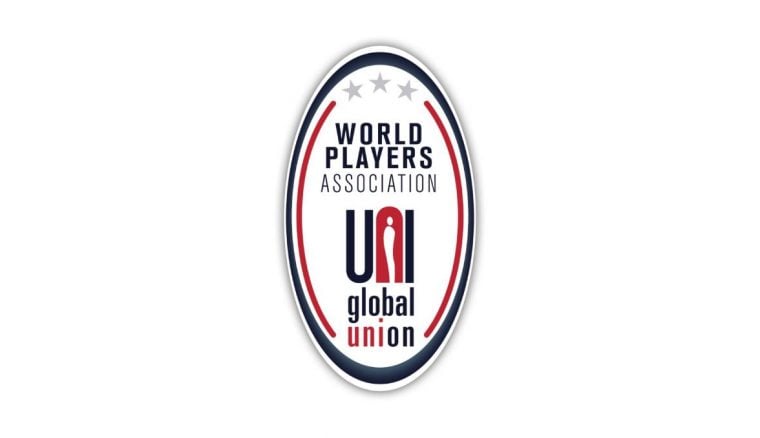Whether you’re involved in sport at the elite level or watching a team of enthusiastic five-year-olds bouncing, passing or kicking a ball in the grassroots environment, it’s possible you might have seen poor sideline behaviour in sport at some stage.
Although the vast majority of spectators cheer and support their kids and teams with joy and passion, there are growing instances where verbal and online abuse is directed at players, referees, coaches, support staff, other spectators and even volunteers.
It has an impact not only on the mental health of individuals but on the people around them and is being seen as a continuing threat to the integrity of sport in Australia and overseas.
In September 2022, we published a story in Sport Integrity Matters magazine about “The Ugly Side of Sport” after speaking to a referee, coach, club volunteer, player and journalist to get their perspectives on the toll sideline abuse is taking.
Reflecting on his own career Ben Williams, a retired A-League, Asian Football Confederation and FIFA World Cup referee, said: “Unfortunately many young referees don’t get to experience these phenomenal moments because they’ve left their career early due to abuse.”
“In my career I encountered death threats directed at my wife and my children, which meant they no longer felt safe in their own home. There is definitely no place for this in sport.”
A community sports club president, Neil Harlock, cited a scourge of abuse in his sport which not only impacted the mental health of players but flowed through to club volunteers, the referee base and spectators.
“To hear threats and slurs from the crowd firstly renders as disbelief among the team, clear shock and emotion can be seen, which then affects performances,” he said about the abuse directed at his National Premier League first grade men’s team.
“It then manifests as insecurity as this is essentially their workplace for the time they are on and around the field.
“At the grassroots and amateur level in a very large club essentially run by volunteers, we often feel limited in what we can do from a safety and security point of view. There’s the feeling that there’s a potential and very real danger.”
Discussions between sporting organisations, clubs and government suggest that some sports are becoming increasingly competitive from a younger age with high emotion attached from the spectator base, thus leading to undue pressure being placed on kids which flows through to coaches and officials.
Let Kids Be Kids is a national campaign created by Play by the Rules to help clubs at grassroots level bring policies to life and actively address poor sideline behaviour via posters, toolkits and campaign messaging.
Elaine Heaney, National Manager of Play By The Rules, would much rather kids turn up to practice and had fun playing with their friends than forced into a situation where they are being yelled at or berated for not winning a game or making a call whilst they are still learning the rules and developing their skills.
“Adult sideline spectators often mean well and are enthusiastic about their contributions, because they enjoy being part of the process,” said Elaine, “but sometimes it’s important to stop to think about the impact of their words on the child or young person – and how it feels for a small human to have a large adult raise their voice at them.
“If the child or young person (or even another adult) feels berated or upset by what has been said, is it worth it? It’s not about removing winning or healthy competition from sport but about focusing on the fact that happy, healthy athletes operating in a safe space, often produce much better results, and keep people playing the sports we love.”
From grassroots to elite sport, the problem often grows as the stakes get higher.
Jenna O’Hea, former Australian Opals captain, feels the popularity of betting has added another layer of abuse of athletes with people losing money often blaming the athletes for their financial loss.
“This is where I see it is getting worse and is taking the biggest toll on athletes,” she said.
“As athletes we know that fans are passionate about sport but crossing the line with personal attacks, racism, any type of attack is never OK and just because you’re behind a keyboard, that doesn’t make it any less abusive than a face-to-face attack.”
Each situation and experience with poor sideline behaviour and online abuse in sport is different, with some impacts short-term and others everlasting. Regardless of the magnitude and severity there’s no place for sideline abuse in sport at any level.
In summing up his experiences, community club president Neil Harlock said, “My seven-year-old daughter came to me recently and said ‘Dad, were there any fights at the footy today?’ I was mortified!”
“Our children deserve more than this. Our players, volunteers, young referees, coaches and the families who come to cheer on their teams, all deserve more than this.”


 Global Summit 2024
Global Summit 2024